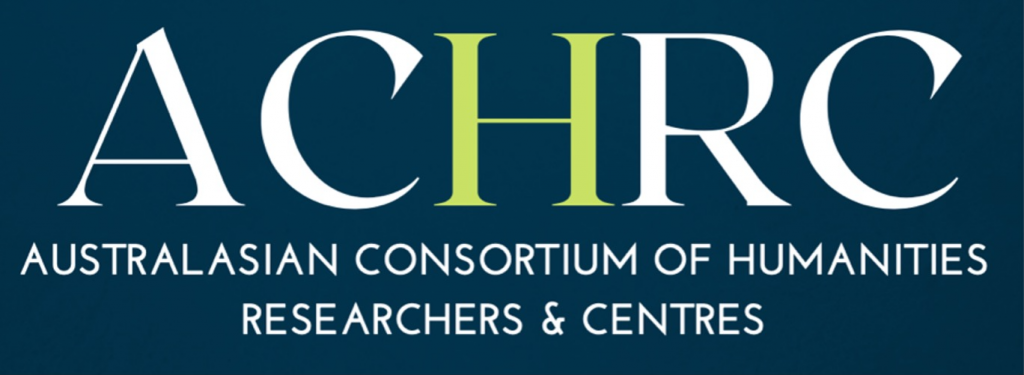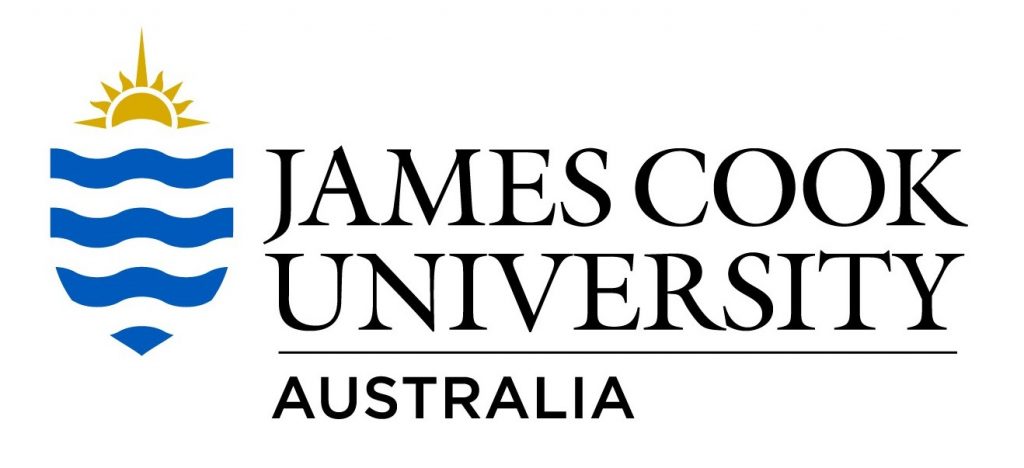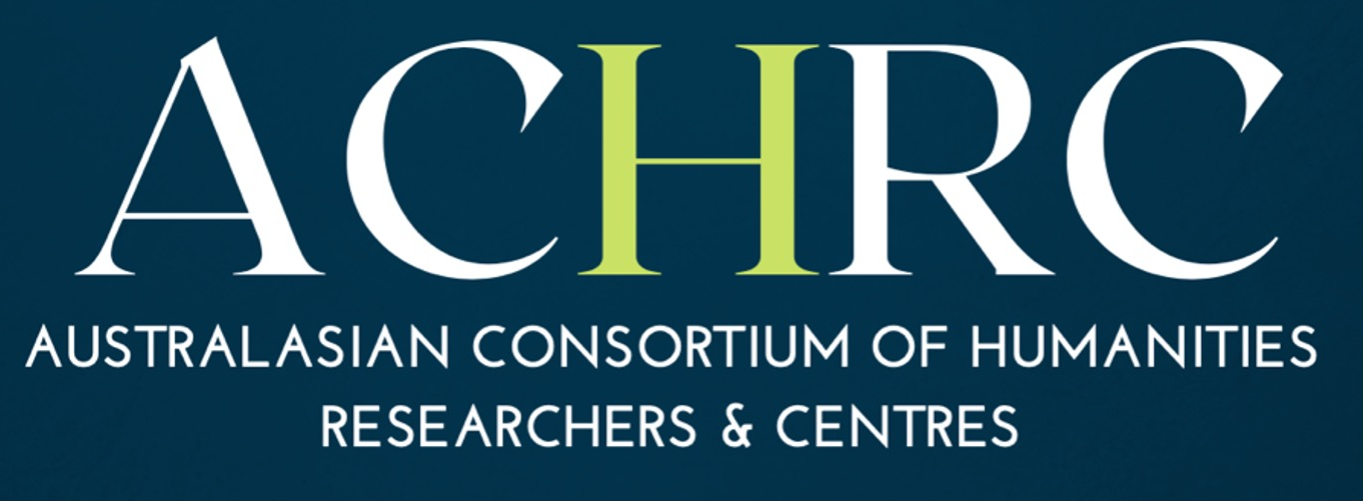Humanities From the Regions
ACHRC Virtual Forum
In his 2020 Colin Roderick Memorial Lecture at James Cook University, “Seeing Australian History From the North Down,” Henry Reynolds explained that his appointment as an historian at a university in the regional far north of Australia was a critical factor in the role he eventually played alongside Eddie Kokoi Mabo to contest the legal fiction of terra nullius. On Friday the 16th of July the ACHRC hosted a virtual forum to discuss the unique regional perspective on the Humanities and respond to Reynolds’ intervention.
It included keynote presentations by Professor Jennifer Deger from Charles Darwin University and Dr. Robert Clarke from University of Tasmania. It also included a panel of researchers, early career researchers, HDR and undergraduate students discussing the current challenges involved in researching and teaching the Humanities in a regional university. We were joined by Dr. Claire Brennan (Environmental Historian, JCU), A/Prof. Victoria Kuttainen (English and Creative Writing, JCU), Dr. Adelle Sefton-Rowston (Literary Studies, CDU), A/Prof. Adele Wessell (Discipline Chair, Humanities and Social Sciences, SCU) as well as discussants Dr.Claire Hansen, Danny England, and Jade Croft.
Keynotes

“Heading South: Reflections on Doing Literary Research in the Regions”
In this address, I will reflect on my experiences as a humanities researcher in a regional university and consider what I see as some of the challenges for humanities research post-pandemic and in the wake of a culture of industrial restructuring that has dominated the sector. With a focus on doing literary research, I’ll reflect on the value of location in shaping one’s career. And I’ll canvass how recent changes in university culture and technology, and unforeseen contingencies like a global pandemic, present challenges and opportunities to research in the regions.
Robert Clarke is a senior lecturer in English in the School of Humanities, University of Tasmania. He is the author of Travel Writing from Black Australia (Routledge, 2016), and the editor of The Cambridge Companion to Postcolonial Travel Writing (Cambridge University Press, 2018) and Celebrity Colonialism: Fame, Representation and Power in Colonial and Postcolonial Cultures(Cambridge Scholars, 2009).

“Yolŋu epistemologies, polyvocality and the challenge of genre”
Not a catalogue of difference, nor an archive of the already gone, but a poem to the push-and-pull of relationships, an ode to shared futures, yet to be found.
Miyarrka Media, Phone & Spear: a Yuta Anthropology 2019
This presentation reflects on an on-going experiment in giving form to new kinds of collective thinking in the context of co-creative research in Arnhem Land. It draws on materials produced by Miyarrka Media, an arts collective that I co-founded with Paul Gurrmuruwuy more than a decade ago. In response to the sometimes-excruciating limitations of a zoom-delivered academic talk, I will attempt to orchestrate a more inclusive and performative consideration of the ways that Yolŋu ways of knowing have come to shape my own commitments to creating and curating knowledge. In turn, I will describe how these creative collaborations, and the situated and relational knowledges they generate, have profoundly reshaped my sense of how and why regional universities matter.
Jennifer Deger is Professor of Digital Humanities at Charles Darwin University and a founding member of Miyarrka Media, an arts collective based in Arnhem Land, Australia. Jennifer works at the intersections of anthropology, art and environmental studies. Her recent book with Miyarrka Media, Phone & Spear: a Yuta Anthropology was awarded the Gregory Bateson book prize in 2020. Jennifer is a co-editor of Feral Atlas: the More-Than-Human Anthropocene and in 2019 co-curated the Feral Atlas exhibitions at the 16th Istanbul Biennial and the inaugural Sharjah Architecture Triennial.
Sponsors


